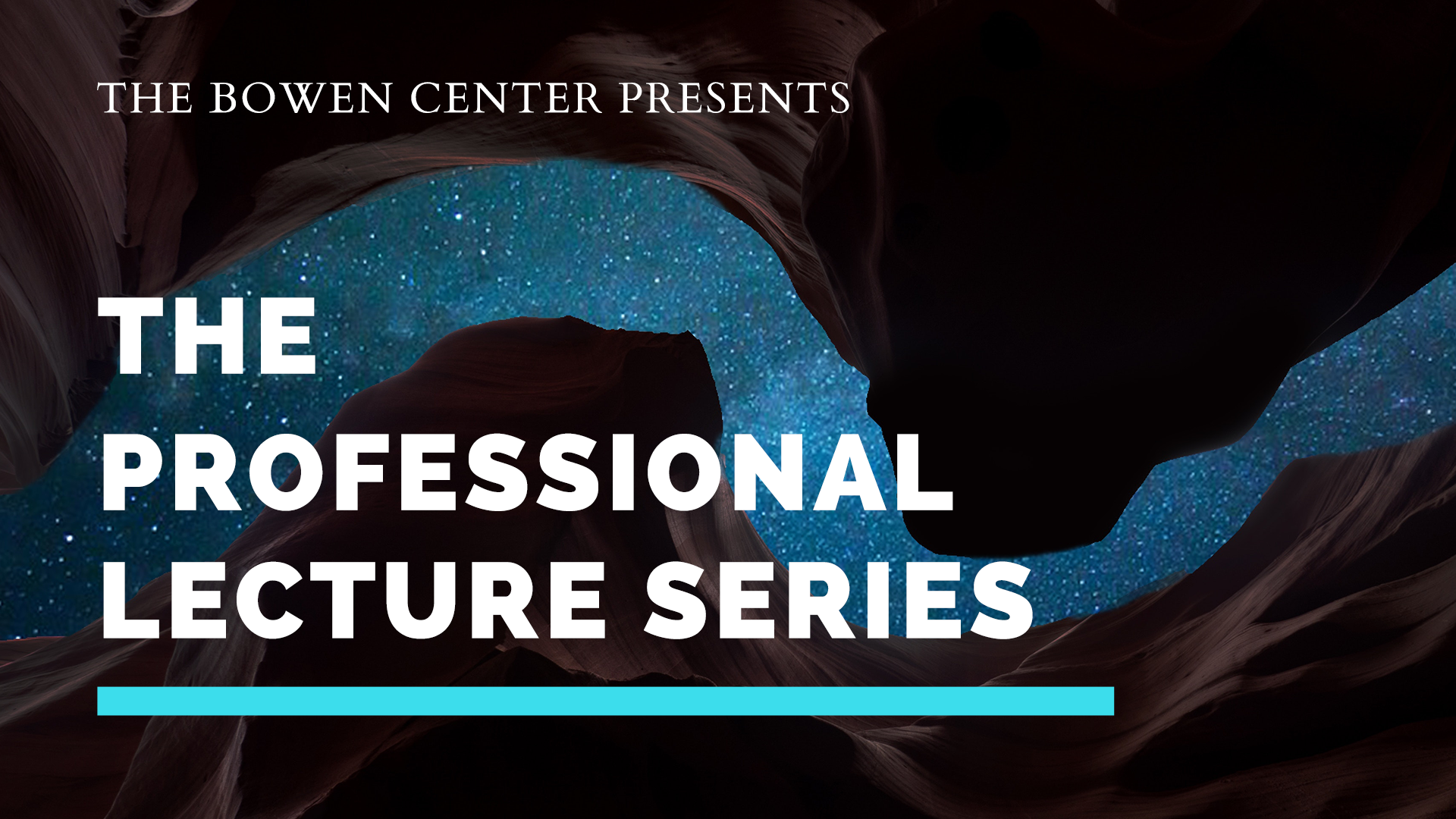Professional Lecture Series

This series of speakers focuses on the family as a natural system and on knowledge from the study of other natural systems and the sciences. A distinctive feature of this meeting is the length of time the presenter is given to develop and illustrate ideas followed by audience discussion. The ideas presented are to encourage a broader way of thinking about the human as a product of evolution both in one's own family and in the natural world.
Click here to view past Professional Lectures on our Youtube Channel.
Professional Lectures are held online via Zoom 7:00pm - 8:30pm Eastern Time. Lectures are free and open to the public.
Upcoming Professional Lectures
Past Professional Lectures
Recordings of Professional Lectures from previous years are available on YouTube.
Featured
